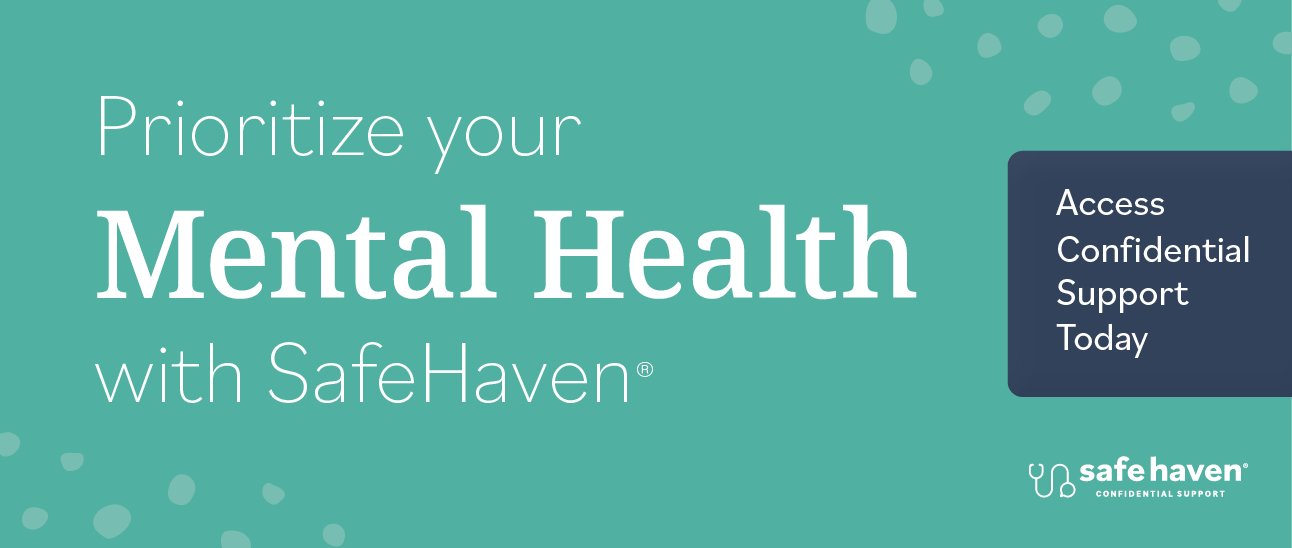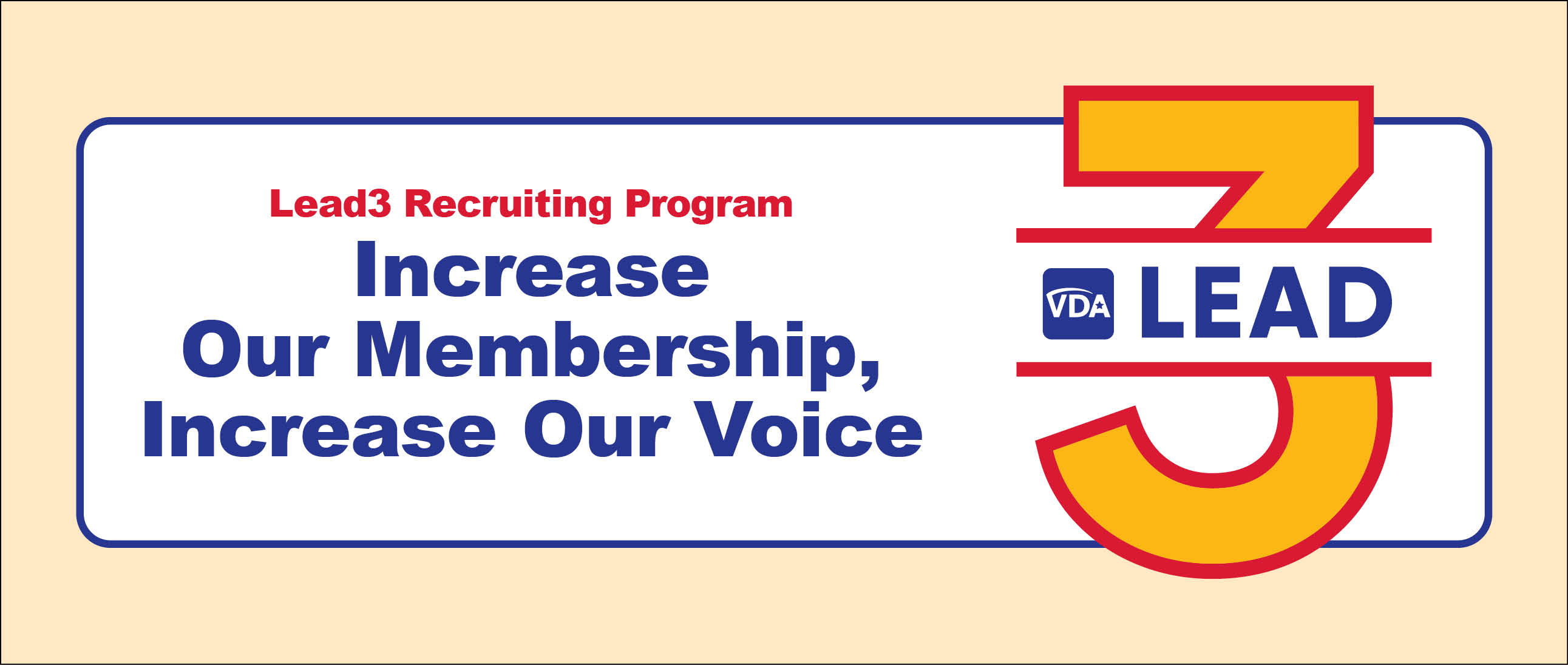ADA priorities included in new HEROES Act
Washington — U.S. House Speaker Nancy Pelosi, D-Calif., unveiled a new legislative proposal May 12 that contains a number of provisions the ADA has lobbied for during the COVID-19 pandemic.
HR 6800, the Health and Economic Recovery Omnibus Emergency Solutions Act, or HEROES Act, was introduced by Rep. Nita Lowey, D-N.Y. According to multiple news reports, Senate Majority Leader Mitch McConnell, R-Ky., has said there is “no urgency to act” and the Senate will consider other legislative options instead.
Provisions the ADA has advocated for are:
• Providing flexibility for the Paycheck Protection Program by extending the loan forgiveness time frame from eight weeks to 24 weeks.
• Reversing IRS guidance that would not allow entities to deduct expenses paid for with Paycheck Protection Program loan funds.
• Improving the domestic production of personal protective equipment and partnering with industry to refresh and replenish existing stocks of medical supplies.
• Allowing 501(c)(6) nonprofits, such as state and local dental societies, to apply for Paycheck Protection Program loans.
The ADA also supports the following provisions that the Association believes could benefit dentists and dental practices:
• Eliminating the 75/25 mandate for Paycheck Protection Program funds to pay for payroll versus operating costs.
• Allowing entities to take advantage of both Paycheck Protection Program and the Employee Retention Tax Credit.
• Appropriating an additional $10 billion for Emergency Injury Disaster Loan grants.
• Extending forbearance for federal student borrowers through September 2021 and also applying that forbearance to private loan borrowers.
• Providing as much as $10,000 in debt relief for borrowers of federal and private student loans.
• Establishing a loan repayment program to enhance recruitment and retention of the state, local, tribal and territorial public health department workforce.
• Granting temporary extension of 100% Federal Medical Assistance Percentage to Indian health providers. It also clarifies that services received through urban Indian providers are matched at 100% Federal Medical Assistance Percentage through June 30, 2021.
• Authorizing $6 billion for public health departments to expand workforce and improve laboratory systems, health information systems, disease surveillance, and contact tracing capacity to account for the unprecedented spread of COVID-19.
• Granting Indian Health Service and other tribal health organizations the same direct access states have to the Strategic National Stockpile.
• Appropriating an additional $7.6 billion to support expanded health care services for underserved populations, including Community Health Centers and Ryan White HIV/AIDS clinics.
• Appropriating an additional $4.7 billion to expand COVID-19-related research on the NIH campus and at academic institutions across the country and to support the shutdown and startup costs of biomedical research laboratories nationwide.
• Appropriating an additional $175 billion for the Public Health and Social Services Emergency Fund to reimburse for health care-related expenses or lost revenue attributable to the coronavirus, as well as to support testing and contact tracing to effectively monitor and suppress COVID-19.
• Appropriating an additional $2 billion to Centers for Disease Control and Prevention to support federal, state, local, territorial and tribal public health agencies to prevent, prepare for and respond to the coronavirus.
The HEROES Act also contains a section calling for pandemic premium pay for essential workers, including those providing dental care. Employers that “apply for and receive grants will pay essential workers $13 per hour premium pay on top of regular wages.” The bill states that essential workers making less than $200,000 are eligible for up to $10,000 for work performed from Jan. 27, 2020, until 60 days after the last day of the COVID–19 Public Health Emergency. Those making more than $200,000 will be eligible for up to $5,000.
For the latest information on COVID-19, visit ADA.org/virus.






